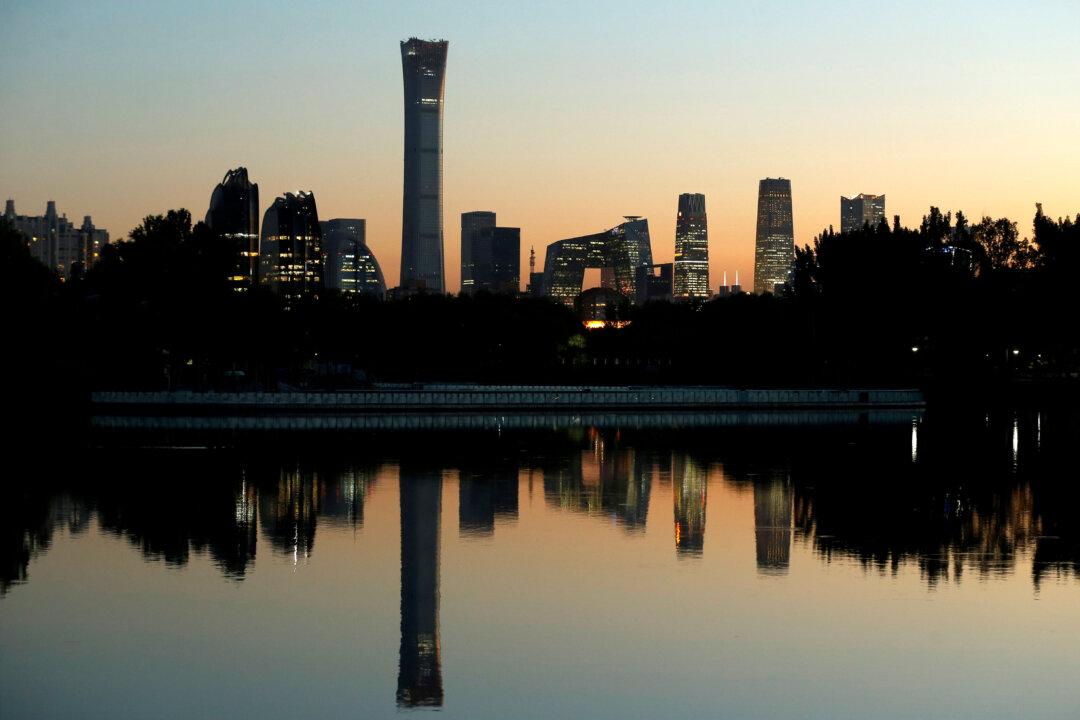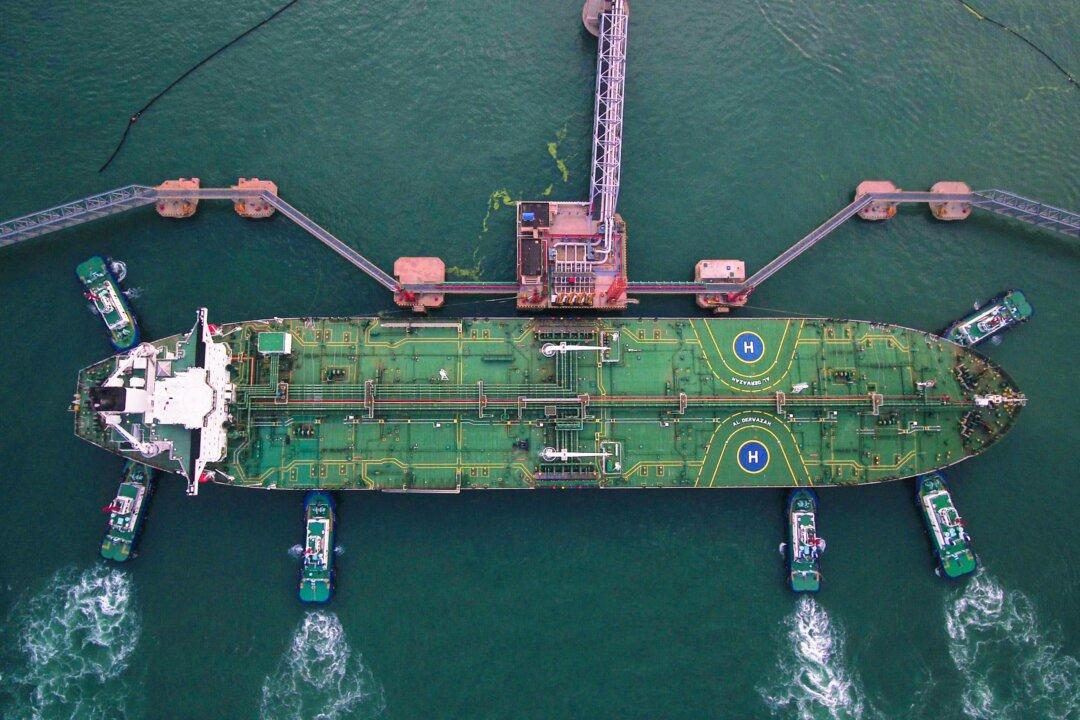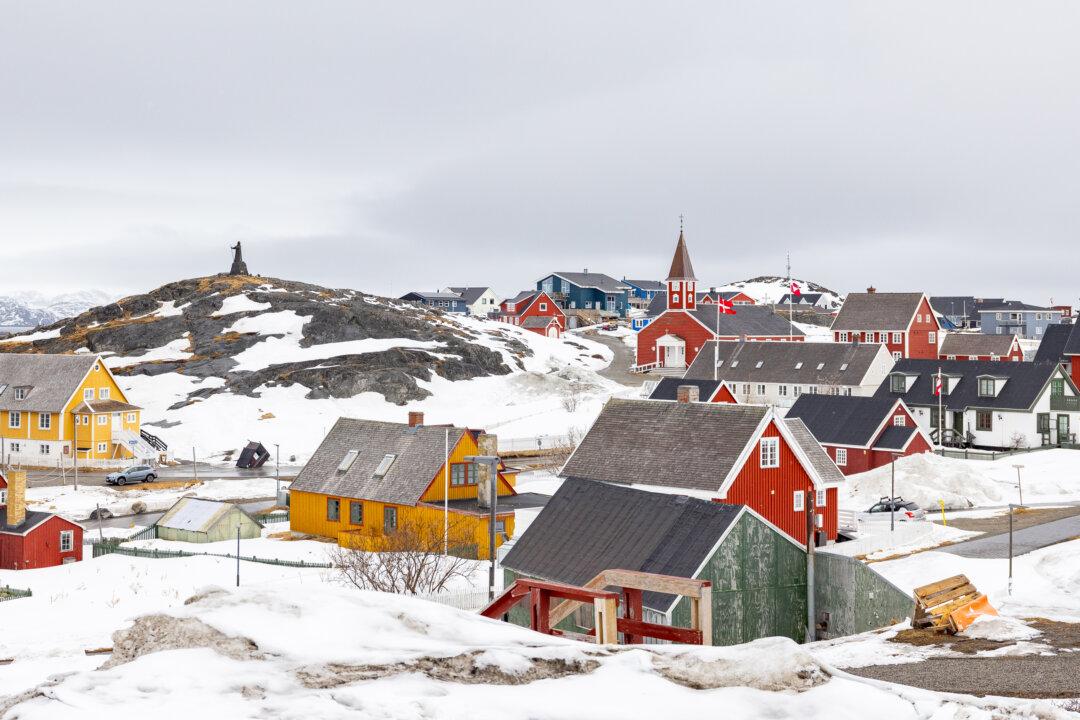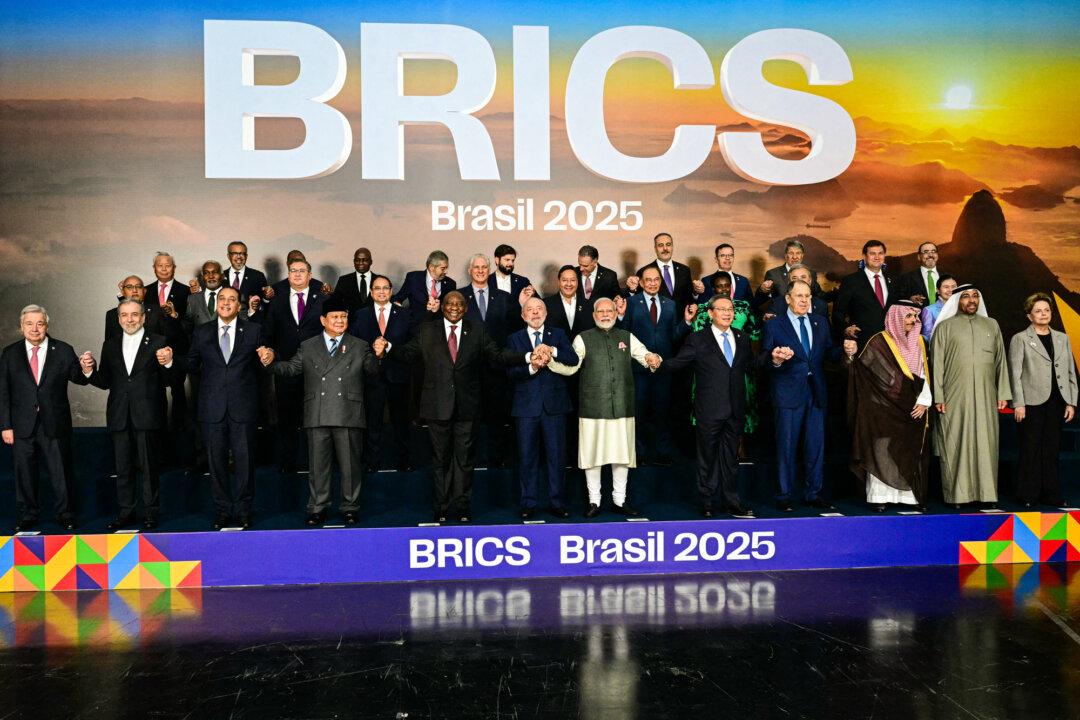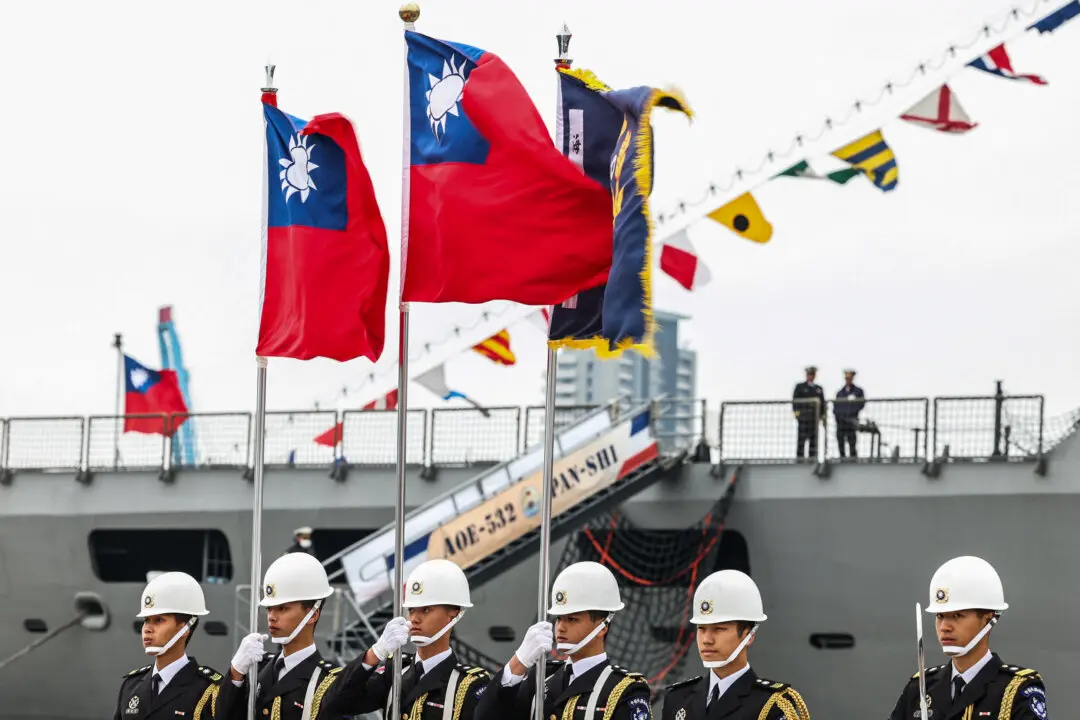Is a new international order based on China’s economic and political leadership a good idea? Would it lead to a more free and prosperous world?
That’s the recommendation according to business and political “experts” attending the Credit Suisse Global Supertrends Conference in Singapore this week. They point out that China’s rise is coinciding with the decline of both European and American global economic and military influence. Therefore, their argument goes, the global community should take this opportunity to both embrace China’s rise and to re-establish global trade norms.
